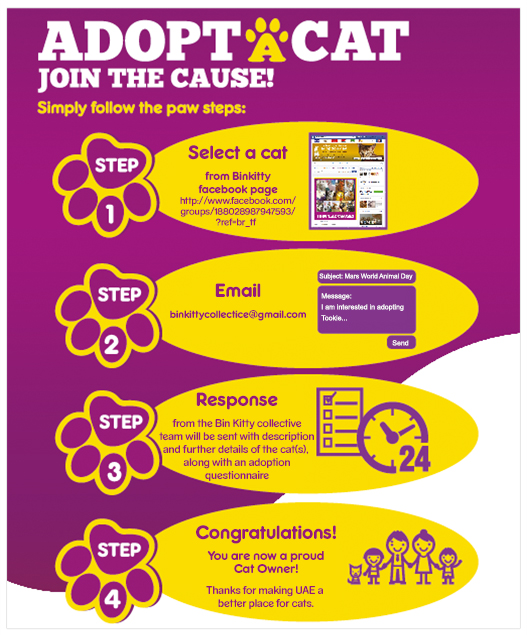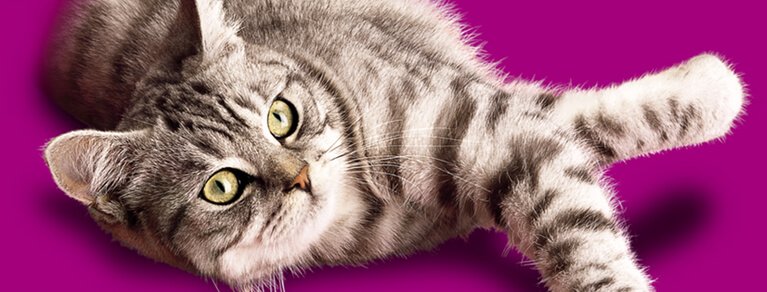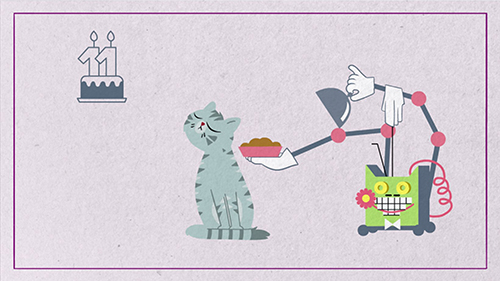But we know that cats can be fussy eaters at the best of times, and as they get older they can become even fussier! Here’s a few top tips for feeding senior cats:
• Always serve food at room temperature, most cats do not like cold or refrigerated food
• Cats much prefer small meals, little and often
• Whiskas Senior cat food is specially formulated to support the specific needs of senior cats
• Feeding wet food morning and night with their allocated portion of dry food left out for grazing on during the day is a great way to feed a cat and fulfil their natural desire to eat several small meals a day.
• A great way to provide mental stimulation and gentle physical exercise for older cats is to put their dry food allocation in a puzzle feeder, which requires interaction and movement to release kibbles as a reward.
As she grows older, however, her nutritional needs will change. So after the age of seven, it’s important to adjust her diet to one that suits a more senior cat.
It is important that senior cat food contains extra taurine to help your cat’s vision and heart, zinc and linoleic acid for a healthy skin and coat, and just the right amount of phosphorus to help keep her waterworks working!
The right food for your older cat
If your cat starts turning her nose up at the food you're giving her, that may be a sign you need to change her diet. While you want to give her something she enjoys, it’s also important that she gets the right nutrients for her age.A question of digestion
Your older cat may not be able to digest her food as easily as she could when she was younger. That means she may not absorb nutrients as efficiently as before. Putting your cat on a suitable diet will help her body to deal with these changes, and should increase both the length and quality of her life.Watching her weight
Because your cat isn’t as active as she used to be, you might find she’s getting bit tubby! On the other hand, if she’s struggling to digest food properly, she might lose weight. Keep an eye on your cat’s weight by getting into a regular routine of both weighing and checking along the sides of her body.If you’re worried about your cat’s weight, try adjusting the amount of food you give her accordingly. If the problem persists, ask your vet for advice.





